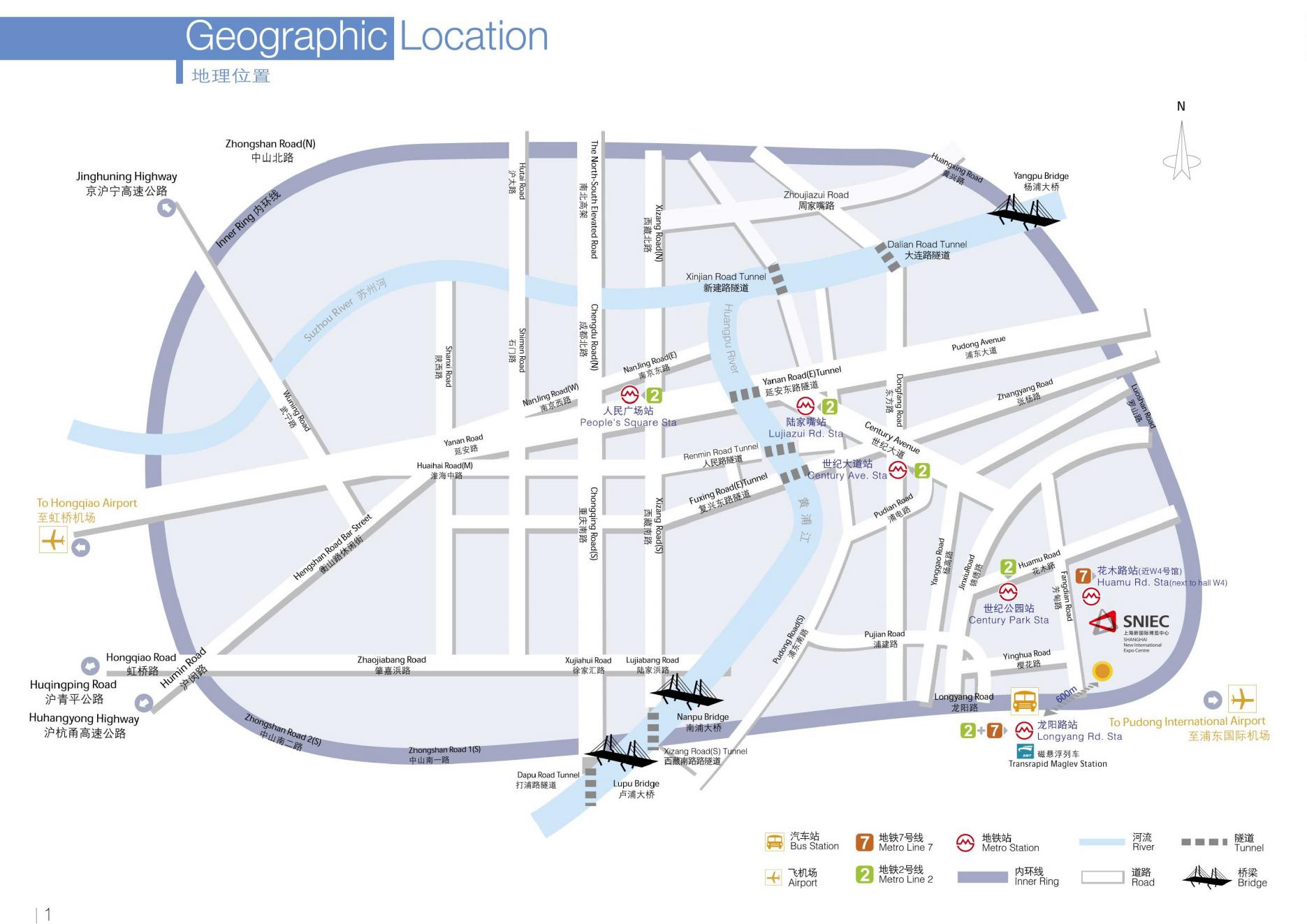The Hewitt Fertility Centre has recently concluded a three-year study focusing on the potential risks associated with the cryopreservation of eggs and embryos after fertility treatment. The research revealed that artificial cryopreservation storage for in vitro fertilization (IVF) procedures still carries inherent risks. In response, the UK-based Hewitt Fertility Centre turned to the American company TMRW.
TMRW, a life sciences company specializing in laboratory automation using RFID technology, became the first UK client for the company. They introduced an RFID solution known as CRS, an automated system designed for the management and storage of frozen eggs and embryos. The CRS platform comprises both hardware and software components, ensuring the secure tracking, monitoring, and storage of cryopreserved eggs and embryos.
This RFID solution facilitates various aspects of cryopreserved embryo management, including:
Tracking and Monitoring: RFID technology offers real-time, highly automated tracking and monitoring capabilities, allowing medical facilities to stay updated on the storage status, location, and temperature of embryos. This is crucial for ensuring the safety and quality of embryos.
Enhanced Efficiency: Through RFID technology, medical institutions can rapidly and accurately track and record the storage and management processes of embryos, reducing manual interventions and enhancing efficiency.
Risk Reduction: RFID technology minimizes human errors and interventions, reducing the risks associated with issues like misplacement, misretrieval, or temperature anomalies.
Improved Security: With RFID technology, medical institutions can conduct real-time monitoring and tracking of cryopreserved embryos, reducing the risk of embryos being mistakenly taken or stolen, thereby enhancing embryo security.
Enhanced Data Analytics: By collecting and analyzing RFID data, medical facilities gain better insights into the storage and management of embryos, enabling process optimization and improved quality management.

This solution allows clinics to remotely monitor specimens at any time. TMRW reports that CRS helps reduce 94% of potential failure points compared to manual specimen management and storage systems. RFID tags’ ability to function normally in low-temperature liquid environments demonstrates exceptional performance that many identification technologies cannot achieve.
This paper is from Ulink Media, Shenzhen, China, the organizer of IOTE EXPO (IoT Expo in China)
Join us next year in Shanghai, and let’s shape the future of technology together!
To register IOTE 2024 Shanghai station:
https://eng.iotexpo.com.cn/sh/Visitors.html?lang=EN&source=YJ1






